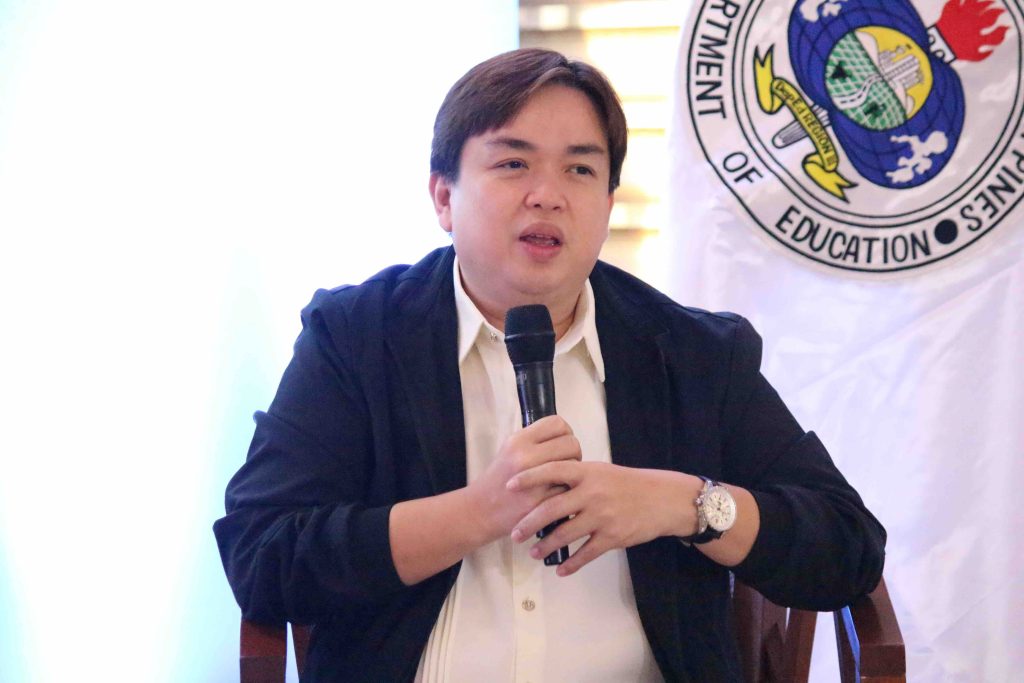
The Department of Education (DepEd) intensifies its efforts to address the widening learning gap in the Philippines, which has reached a 5.5-year disparity between students’ current skills and their expected grade levels.
To close this gap, DepEd revises the curriculum, implements targeted learning strategies, and improves student retention rates.
During the 21st episode of the Kapihan sa Bagong Pilipinas of the Philippine Information Agency, DepEd OIC-Regional Director Ronnie S. Mallari discussed findings from a study by the Organisation for Economic Co-operation and Development.
“Our learning gap is now 5.5 years. This means that all Grade 11 students today perform at a level comparable to Grade 6,” Mallari explained.
He stressed the importance of profiling students based on their learning approaches—whether they are directive, collaborative, or self-directed learners. By understanding these profiles, DepEd can implement targeted strategies that meet learners’ needs and help close the gap.
“We are implementing strategic directions, particularly in Region 3, as we must take the data seriously,” he added.
Mallari also highlighted the national issue of high dropout rates, noting that only 150 out of every 1,000 students who start kindergarten manage to graduate from Grade 12.
He explained that DepEd currently streamlines the Senior High School curriculum to combat this issue.
“The proposed reduction in subjects for Grade 11 from 18 to just six will focus on communication, science, and mathematics,” Mallari shared.
This streamlined curriculum aims to align with the K to 12 program’s goals of ensuring that Grade 12 graduates are college-ready, employable, and prepared for entrepreneurship or middle-skill careers.
Mallari assured DepEd Region 3 personnel that change is underway and urged collaboration to achieve the goal of delivering quality education.
“I hope we can all work together to provide the quality education our learners deserve. Let’s strive for a Magara at Bagong Pilipinas,” he said.
As DepEd implements these changes, the focus remains on fostering an educational environment that equips students with the necessary skills to thrive in a rapidly evolving world. This commitment to closing the learning gap reflects a dedication to the future of the nation’s youth. (CLJD/RPQ, PIA Region 3- Pampanga)




